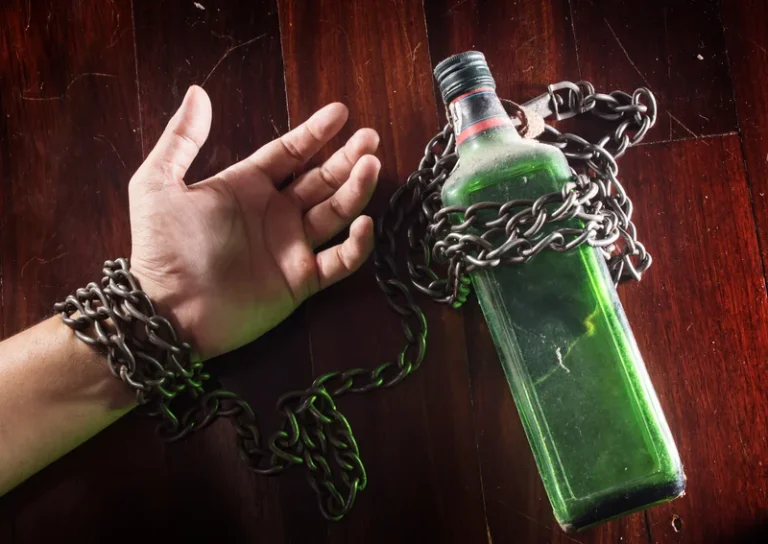What to expect when you drink for the first time?

For many, drinking for the first time can be a fun experience, but for others, not so much. Still, for some people, their relationship with alcohol is raising some red flags. Whenever you find yourself in the drinking continuum, check out how does it feel to be drunk for the first time the Reframe app for lots of alcohol-related information and resources. The Reframe app equips you with the knowledge and skills you need to not only survive drinking less, but to thrive while you navigate the journey. This tipsiness begins when alcohol enters the body’s bloodstream and starts to affect the functions of the brain and body.
Eat, and then Drink
If you’re drinking alcohol for the first time, it is important to make sure you do so responsibly. Drinking too much alcohol can have negative health and legal consequences, so it’s important to be aware of how drug addiction much you’re consuming and how your body is responding. It is important to note that if alcohol is consumed continuously, the period of being drunk could last for much longer, depending on the amount of alcohol consumed. Additionally, it is important to never drink and drive as the effects of alcohol are unpredictable and can vary from person to person. It’s important to remember to drink responsibly – know your limits and understand the risks that come with consuming alcohol. Make sure to stay with a trusted friend, drink plenty of water, and eat before- and after drinking.

Kratom Withdrawal Symptoms

Drinking vodka is a little different than drinking beer or wine because it is stronger and less sweet. These beverages can help you become more comfortable with the taste and effects of alcohol before moving on to stronger beverages. It is important to drink in moderation and to stay within the recommended healthy alcohol limits. It’s hard to pin down how someone will react to alcohol because everyone is different — alcohol affects people differently based on their age, gender, weight, and health. The first time we drink alcohol is often the most unpredictable, but even among those of us who drink regularly, the effects of alcohol change as our tolerance increases. When we’re drinking for the first time, we might feel more intensified effects as it’s the first time our body is exposed to alcohol.

Do Different Types of Alcohol Make You Feel Different?
On the other hand, I had heard people talking about excessive drinking leading to black-outs and I was worried that something like that might happen to me. In order to become even mildly intoxicated, a person would need to drink at least three Truly drinks, which is more than three standard 12-ounce beverage servings. On the other hand, if you weigh more and have a higher tolerance, you may not feel the same effects after one drink that someone with a lower tolerance would experience. To make matters more confusing, certain drinks have more alcohol content than others. Ultimately, it’s a good idea to know your own limits when drinking alcohol, and always practice moderation and safe drinking habits. This is roughly equivalent to 1.5-2 ounces of 80-proof spirits, 5-6 ounces of a 12% wine, and ounces of 5% beer.
- Craft beer regularly exceeds 10%, which is closer in strength to a wine!
- It will feel like your rib cage is heating up, and it might be difficult to get your feet to go where you want them.
- These effects may include a slight decrease in inhibitions, increased sociability, and a general sense of well-being.
- Ultimately, everyone’s experience with hangovers differs and the answer to this question would vary from person to person.
Alcohol Addiction
- An individual may also detect subtle hints of grain and other flavorings, depending on the type of vodka they are drinking.
- As one delves deeper into the journey of being drunk, the effects of alcohol become more pronounced.
- It is important to note that even after the initial feeling of drunkenness wears off, alcohol can still impair cognitive and motor functions.
- There are two times during alcohol withdrawal that people trying to quit are most tempted to take another drink.
Generally, being drunk will only last a few hours, however it can sometimes last up to 8 or even 12 hours. The best advice for how not to get drunk is to drink in moderation and drink slowly. Alternate between alcoholic beverages and non-alcoholic beverages, and be mindful of how many you’ve had. Don’t give in to pressure to drink if you’re trying to avoid being too drunk. A 2020 study by Briana Lees and her team reported that alcohol consumption during youth can alter brain structure, negatively (and maybe permanently) affecting cognition and function. Likewise, 2008 research by Dawson et al. found an association between age at first drinking and the risk of developing alcohol use disorder (AUD).




